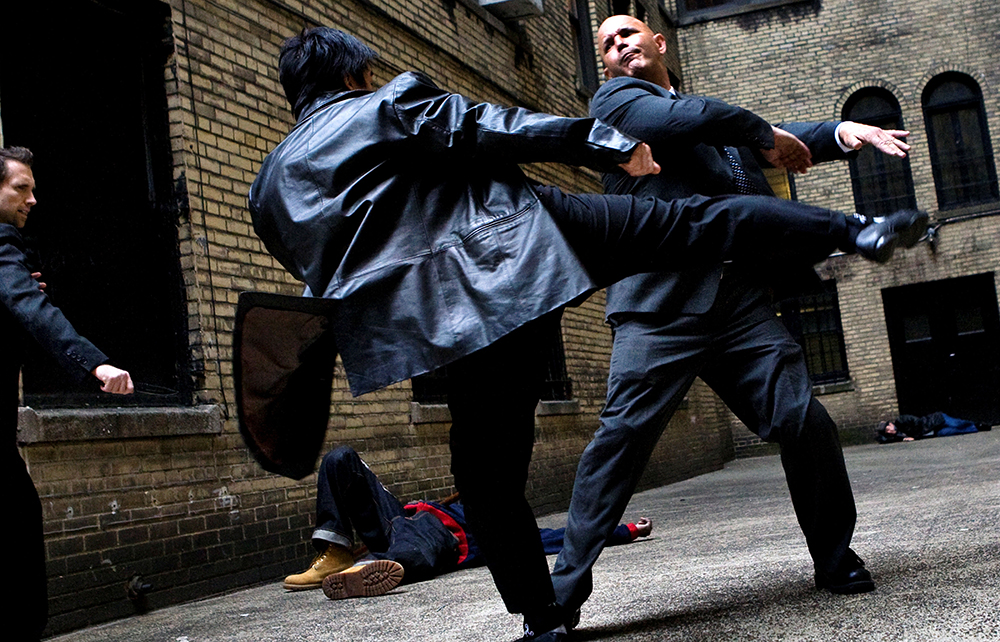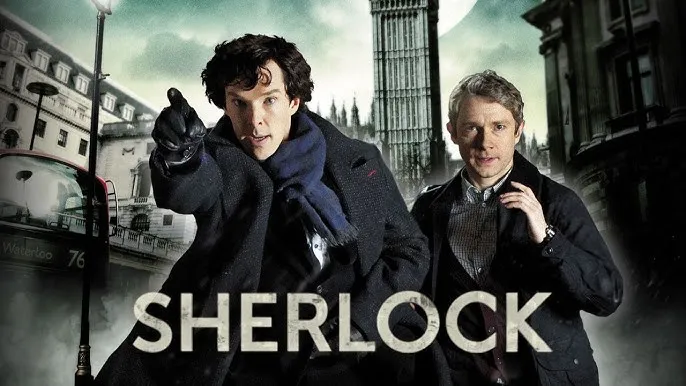Street Fight is a gripping and eye-opening political documentary directed by Marshall Curry that chronicles the 2002 mayoral race in Newark, New Jersey, between longtime incumbent Sharpe James and young, ambitious challenger Cory Booker. Nominated for an Academy Award for Best Documentary Feature, the film offers a front-row seat to a raw, intense political battle that feels more like a boxing match than a campaign.

What sets Street Fight apart from other political documentaries is its unfiltered and intimate portrayal of grassroots politics at its most brutal. Marshall Curry, then a first-time filmmaker, embeds himself in Booker’s campaign, capturing not just public speeches and campaign events, but also behind-the-scenes moments of strategy, frustration, and resilience. The film doesn’t rely on narration or expert commentary; instead, it lets the footage speak for itself, making the viewer feel like a direct witness to history unfolding.
Cory Booker, at the time a 32-year-old Rhodes Scholar and Yale Law graduate, presents a stark contrast to the powerful and seasoned Sharpe James, who had ruled Newark for 16 years. The documentary shows how Booker, despite his impressive credentials, faced constant challenges—racial smears, accusations of being "not black enough," intimidation tactics, and institutional resistance from city officials loyal to James.
One of the most shocking aspects of Street Fight is its portrayal of voter suppression and political manipulation. From signs being illegally taken down to city inspectors harassing businesses that support Booker, the documentary unveils a deeply corrupt system. The camera is often right in the thick of the action, sometimes even being threatened or blocked by police and campaign workers—an element that adds authenticity and urgency to the narrative.
Despite the heavy subject matter, Street Fight is also a character study. Booker’s charisma, optimism, and moral convictions shine through, even as he is repeatedly knocked down by a ruthless political machine. Sharpe James, meanwhile, comes across as both charismatic and authoritarian, using his power to control not only politics but the narrative about race, class, and identity.
Curry’s minimalist filmmaking style works to the film’s advantage. With a small crew and handheld cameras, the documentary feels raw and personal. The lack of high production polish is replaced with emotional immediacy and real-world grit. The editing is tight, and the pacing keeps viewers engaged from start to finish.

While Street Fight focuses on a local election, its themes are national—and even global. It raises questions about democracy, power, identity politics, and the challenges reformers face when trying to disrupt entrenched systems. It’s a must-watch not only for political junkies but for anyone interested in how power operates at the ground level.
In conclusion, Street Fight is a powerful, thought-provoking documentary that reveals the darker side of American politics. It’s a David-versus-Goliath tale that feels just as relevant today as it did in 2005, and a testament to the importance of transparency and accountability in democracy.


